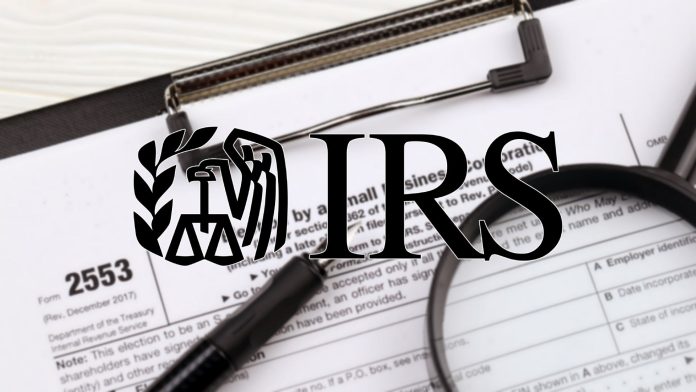The Internal Revenue Service Advisory Council (IRSAC) has released its annual public report, shedding light on vital recommendations designed to improve tax administration. This year’s report, consisting of 37 key issues, comes at a significant time when many small businesses navigate an increasingly complex tax landscape.
IRS Commissioner Danny Werfel expressed gratitude for the council’s efforts, noting, “IRSAC members have spent numerous hours analyzing issues in tax administration and the transformation work underway across the IRS.” This sentiment reflects a commitment to enhancing the experiences of taxpaying entities, particularly smaller businesses that often face unique challenges in compliance and support.
Among the pressing issues mentioned in the report, 13 stand out, offering small business owners insights into what they might anticipate in tax policy and service improvements. These issues include crucial topics such as IRS funding, the assessment of the Strategic Operating Plan, hiring practices, and the promotion of online accounts. Other aspects focus on identity theft prevention, technical support for online accounts, and broader continuing education for tax preparers.
For small business owners, one of the most relevant recommendations addresses the capabilities for online tax accounts, stressing the importance of an effective digital interaction with the IRS. As more businesses move toward online operations, having robust online account options becomes increasingly critical. A reliable system could streamline tax filing, making the process more efficient.
Another key aspect highlighted in the report is the mention of identity theft prevention and resolution. This is paramount for small businesses, which often lack the extensive security infrastructures of larger corporations. Protecting sensitive financial data is crucial, and recommendations from the IRSAC could influence how the IRS implements protective measures against identity theft.
Yet, challenges may arise as the IRS seeks to improve its systems and services. Small business owners might need to brace for changes that could initially lead to confusion or transitional hurdles. For example, while updates to the online systems may enhance user experience long-term, they could entail training sessions or adjustments in filing processes in the short term.
Frank discussions about hiring practices signal potential changes to IRS human resources that might affect the speed of service small business owners have come to expect. An increase in staffing could improve responsiveness, but the timeline for achieving these results often remains uncertain.
Furthermore, the report’s emphasis on the PTIN database and renewal system indicates forthcoming developments that may impact tax preparers working with small businesses. Keeping abreast of such updates could be essential for business owners who rely on external tax assistance, ensuring compliance with the latest regulations.
The IRSAC plays an important role in advising the IRS Commissioner and executive leadership through organized dialogue and professional insights. With members spanning a diverse background, including representation from the small business sector itself, the council’s recommendations may reflect real-world implications that directly affect day-to-day operations for small enterprises.
In appreciation of the council’s departing members, Commissioner Werfel acknowledged them for their contributions, particularly emphasizing the impact they made in various subgroups. With departures and new appointments, there may be additional shifts in priorities or approaches within the IRS, further emphasizing the importance of staying informed on tax administration changes.
Business owners are encouraged to read the complete 2024 IRSAC Public Report, available on the IRS website, to gain a comprehensive understanding of these developments. Small business owners who remain engaged with evolving IRS policies and actively participate in ongoing discussions will be better equipped to adapt and thrive in a fluctuating tax environment.
For more information, you can view the full report at IRS.gov.
Image Via Envato: Mehaniq41


